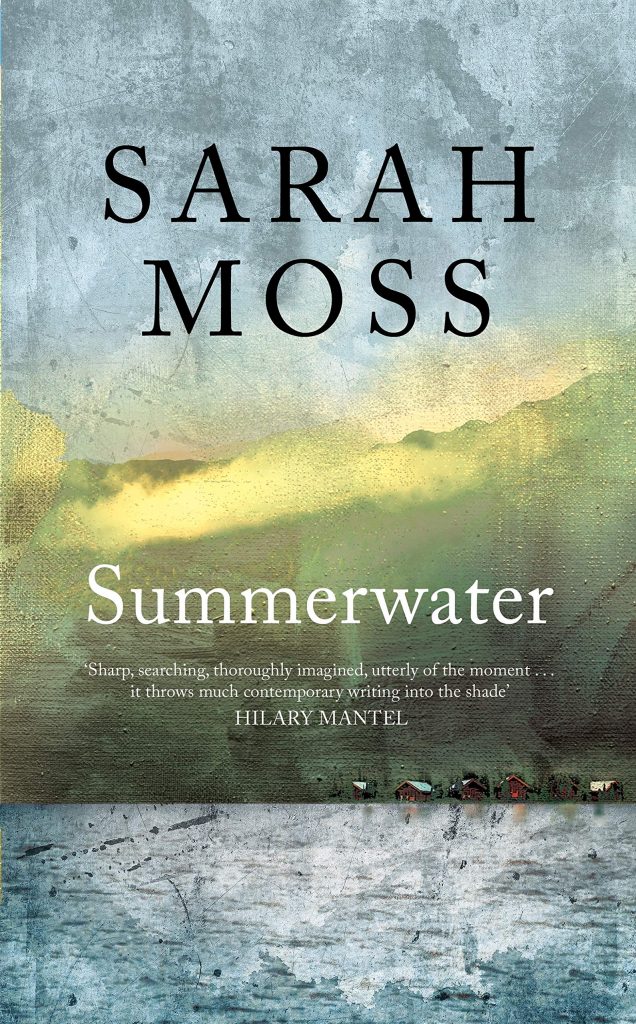Summerwater
Sarah Moss
(Pan Macmillan, 2020); hbk, £14.99
I read Summerwater in January 2021, on the eve of Brexit, and the shock has yet to wear off. Sarah Moss has six novels to her name and this, her most recent, poetically portends the dangers of casual prejudice. Set in a cabin park in the Highlands, a day of dreadful summer rain stretches out the solstice for the holiday makers. Darkly foreshadowed, the story follows the characters, isolated in their temporary community. Each chapter takes a new perspective: the young family; the teen family; the ones with a baby; the old, married couple; and the soon-to-be married couple. The only point of view not provided is from the mother and daughter who wear the wrong clothes and play loud music late into the night. We see them only as others see them.
Occasionally the tone shifts, and the reader is gifted a brief chapter of lyrical prose, nature writing that captures snapshots of the world outside the narrow margins of these characters’ lives:
Deep in the woods darkness is beginning to rise, gathering under wet branches and between heavy leaves. In their den, badgers uncurl, snuff the air, lumber into the evening. The vixen stirs and stretches out for her cubs to nurse.
The rhythm and movement created in the language subverts any soporific connotations of the night. The word choice of ‘rise’ – usually associated with sunrise and daylight – unsettles the atmosphere as night gathers. These snippets of surrounding wildlife help foretell the tale, using nature as the first warning sign of destruction.
Amongst the frictions of family life and external relationships, we see the ants defend each other against the rain, a peregrine trying to hunt, a fox scavenging for its family, and the whole ecosystem bowing under the pressure of the weather. The symbolic placement of these lyrical chapters in the novel draws attention to the human role in this natural network. Each micro-unit in the story is also under strain from the environment, highlighting the value of cooperation and support, rather than division and distrust in our current political era. This ecological standpoint reflects wider concerns of the climate crisis and a surge in rewilding projects that has popularised Scottish nature writing in the last year. These environmental stresses go hand in hand with the metaphorical Brexit commentary; one of the questions facing Britain is how agriculture, fishing and conservation will be tackled without EU legislation.
In reaching into these lives using free indirect narration, Moss writes with a frankness; not shying from marital clashes, sexual intimacy, and mental illness. Dark humour is used to emphasise the morally dubious inner monologue of her characters, as with one called Justine:
She could do anything, this hour of the morning, steal laundry sagging from the racks on a couple of verandas – that won’t work, she thinks, the air’s too damp, they’ll have to take it in – nick a boat from the pontoon and go explore the islands, set fire to one of these stupid big cars that will be dry enough underneath, but she won’t, you don’t stop once you’ve started, not even to set fire to things that need burning down.
Justine’s reckless urge to make a drastic change to her life demonstrates her helplessness, but rather than creating despair, Sarah Moss has made me laugh. It is for the best that Justine is too distracted by her extreme exercise routine to commit arson. Moss’s ironic wit makes the internal struggle of the families bearable, right until the very last moment.
Thomasin Collins


Leave a Reply